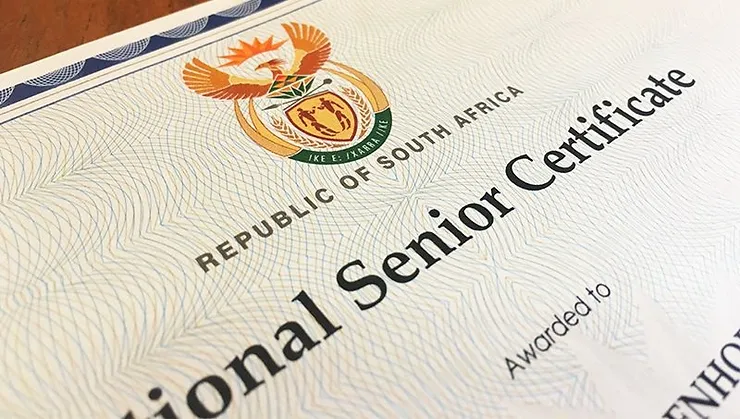Internships are a great way to gain real-world experience, build your CV, and kick-start your career. But just because you’re an intern doesn’t mean you don’t have rights. Many students and graduates enter internships without fully understanding what labour laws protect them — which can sometimes lead to unfair treatment or exploitation.
If you’re starting an internship in South Africa, here’s what you need to know about your rights and how to protect yourself.
1. Are Interns Covered by Labour Laws in South Africa?
Yes — but it depends on the type of internship. There are two main categories:
- Paid Internships: If you are receiving any kind of compensation, you are considered an employee under the Basic Conditions of Employment Act (BCEA). You are entitled to certain benefits and protections.
- Unpaid Internships: These are more like educational training programs. While you might not be protected by the BCEA, you’re still covered by laws that prevent discrimination, harassment, and unsafe working conditions.
2. Your Basic Rights as a Paid Intern
If you are in a paid internship, you are legally entitled to:
✅ A Written Contract
Every internship should include a written agreement that outlines your duties, working hours, stipend/salary (if any), and duration.
✅ Minimum Wage (if applicable)
If your internship is categorized as paid work, you must be paid at least the national minimum wage, unless it’s part of a learnership or educational program.
✅ Working Hours
You shouldn’t work more than 45 hours a week or more than 9 hours per day (if you work a five-day week). Overtime rules also apply.
✅ Leave Days
You are entitled to at least one day of leave for every 17 days worked, as well as unpaid sick leave and family responsibility leave.
✅ Protection from Unfair Treatment
You have the right to work in an environment free from discrimination, harassment, and abuse.
3. Your Rights as an Unpaid Intern
Even if you are not being paid, you still have rights, including:
- The right to a safe working environment
- Freedom from harassment and discrimination
- A clear agreement about the nature of your duties and working hours
- The right to terminate your internship if you feel unsafe or exploited
4. What About Learnerships and Apprenticeships?
These are structured training programs governed by the Skills Development Act. You’ll sign a formal contract, receive a stipend, and your rights are protected under both the BCEA and Skills Development legislation.
5. Red Flags to Watch Out For
- Being asked to work full-time without pay or a contract
- Doing work unrelated to your field of study
- Not being given a clear role or mentor
- Being exploited for free labour without any learning involved
If you experience any of these, you may want to report the organisation to the Department of Employment and Labour or get advice from an HR professional or legal advisor.
6. Where to Get Help
If you believe your rights as an intern are being violated, you can contact:
- CCMA (Commission for Conciliation, Mediation and Arbitration) – for disputes involving contracts or unfair treatment
- Department of Labour – for reporting workplace violations
- Your university or college – especially if the internship is linked to your studies
7. Final Thoughts
Internships are meant to help you learn, grow, and gain valuable experience — not to exploit you. Knowing your rights is the first step to making sure you’re treated fairly and with respect. Before starting any internship, ask questions, request a contract, and speak up if anything feels wrong.
At GoIntern.co.za, we’re committed to empowering South African youth with the information they need to succeed in the world of work. Don’t just accept any opportunity blindly — protect yourself and demand the respect you deserve.
Want more internship tips and career advice?
👉 Browse our latest internship listings and resources right here on GoIntern.co.za.











Leave a Reply